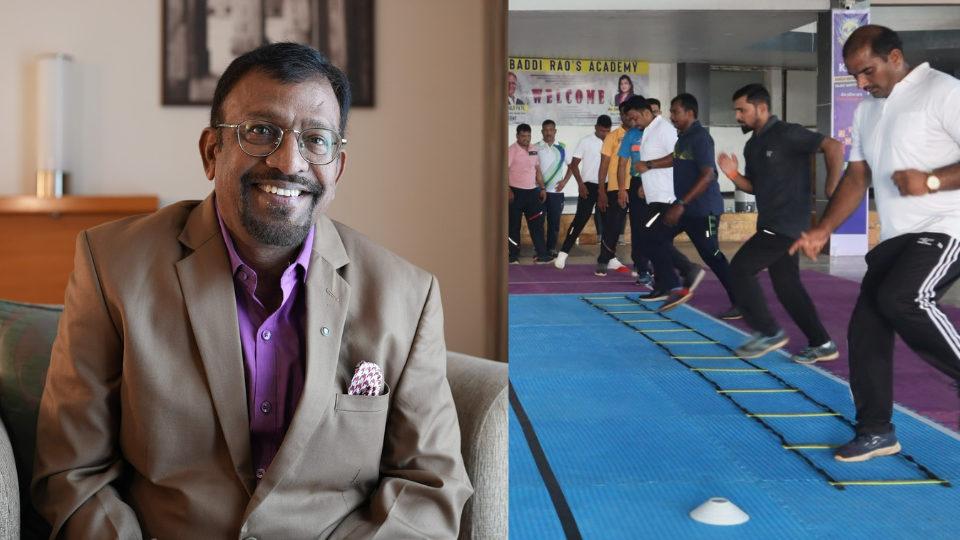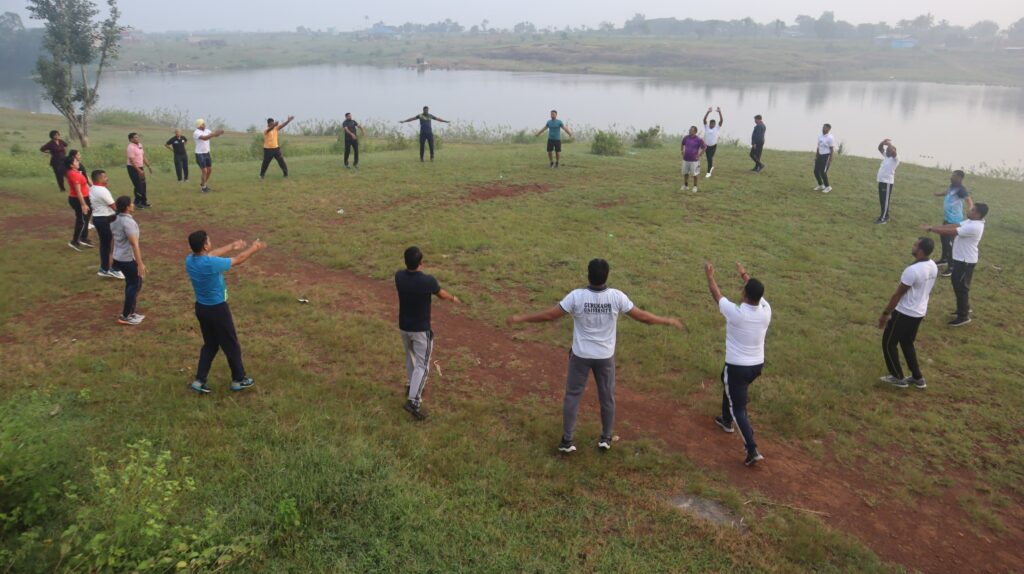
Since its inception in 2014, the Pro Kabaddi League (PKL) has revolutionized the sport of kabaddi, making it more accessible and engaging for fans. As PKL celebrates a decade of progress, Mr. E Prasad Rao, affectionately known as “Kabaddi Rao” and the Technical Director of the league, reflected on the significant strides made in refereeing over the past 10 years.
With Season 11 set to kick off on October 18, where the Telugu Titans will face the Bengaluru Bulls at the GMCB Indoor Stadium in Hyderabad, Rao and his team recently conducted an intensive camp from October 1 to 14. The camp trained 45 referees, including eight female officials and 20 first-time participants—a marked increase from the previous season’s 37 referees.
“I was involved with PKL from the very beginning, helping to shape the rules and regulations to enhance the game’s appeal,” Rao reminisced. His early role was crucial in laying the foundation for the league’s structured and professional approach to officiating, which has evolved significantly over the years.
One of the key advancements has been the development of a formalized training program for referees. “The concept of formal referee training courses and workshops came about after PKL’s inception,” Rao explained. “It’s not just about getting a certification and blowing a whistle anymore. We’re teaching officials to truly understand their role.” This shift toward comprehensive training has been a game-changer for kabaddi officiating.
PKL has also led the way in adopting technological innovations, particularly the introduction of the TV umpire. “PKL was the first to introduce TV umpiring in kabaddi,” Rao proudly stated. This addition has greatly enhanced the accuracy of decisions in the fast-paced nature of the game.
The league’s commitment to high standards is evident in its meticulous training process. “We’ve created specialized roles and functional areas for officials. For instance, we now have four line umpires, a position that didn’t exist in kabaddi before,” Rao detailed. This specialization ensures more precise and fair decisions during matches.
Physical and mental fitness has become a major focus for the referees. “Our training sessions start early, focusing on physical fitness. We work on specific skills like reaction time and agility, which are crucial for keeping up with kabaddi’s dynamic nature,” Rao said. In addition to physical drills, the training regimen includes innovative methods like yoga to help referees maintain composure and make clear-headed decisions during high-pressure situations. “We’ve integrated yoga sessions into our training regimen,” Rao revealed, underscoring the holistic approach PKL has taken to enhance referee performance.
Communication is another key area of improvement. “We’re working with speech experts to help referees communicate effectively and uniformly,” Rao said, emphasizing the importance of clear signaling and consistent verbal cues during matches.
PKL’s emphasis on referee development has had a ripple effect beyond the league, influencing both national and international kabaddi bodies. “We’re seeing state associations and even international organizations conducting similar workshops now,” Rao noted. “There’s a growing recognition of the importance of referee training.”
Looking ahead, Rao emphasized the central role officiating plays in the league’s success. “Good refereeing and judgment are crucial for the success of any competition,” he asserted, highlighting how improved officiating has not only raised the standard of the matches but also fostered greater respect for referees among players and fans.
As the Pro Kabaddi League embarks on its second decade, the evolution of refereeing stands as a testament to its pursuit of excellence. With continued innovation in training and technology, the standard of officiating in kabaddi is set to rise even further in the coming years.
PKL Season 11 will be broadcast live on the Star Sports Network and streamed on Disney+ Hotstar starting October 18.




